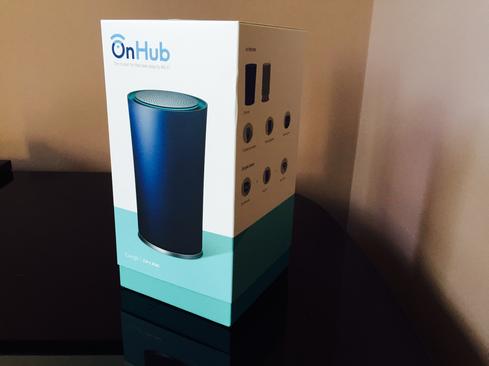Google, Sanofi Focus On Diabetes DataGoogle, Sanofi Focus On Diabetes Data
Google and Sanofi want to make real-time data more useful for diabetes patients and clinicians.


Google OnHub Router: My First 24 Hours
Google OnHub Router: My First 24 Hours (Click image for larger view and slideshow.)
Google on Monday said it is working with European pharmaceutical maker Sanofi SA to improve treatments and devices for people with diabetes.
Sanofi, which makes several diabetes medications, plans to collaborate with Google researchers and engineers to develop miniaturized sensing technology that will provide patients with better tools to manage their condition and offer physicians better patient health data.
Diabetes affects an estimated 382 million people worldwide, according to the International Diabetes Federation, and that number is projected to reach 592 million by 2035. In the US, the number of diabetes cases diagnosed annually tripled between 1980 and 2013, from 493,000 in 1980 to over 1.4 million in 2013, according to the Centers for Disease Control.
Diabetes is a chronic disease that occurs when the pancreas can no longer produce insulin, or when the body can no longer effectively use the insulin it produces. Unmanaged, this lack of insulin leads to high glucose levels, which can damage tissues and organs.
Google and Sanofi aim to make diabetes management continuous -- through real-time data and monitoring -- rather than episodic -- in response to high glucose levels.
Andy Conrad, CEO of the life sciences team at Google, said in a statement that Google sees promise in emerging technologies that provide real-time data about patient health. "Together with Sanofi, we believe diabetes management can be simpler and more convenient, which may help patients achieve an improved quality of life," he said.
Google's life sciences group was previously part of Google X, the company's division for experimental projects. In mid-August, CEO Larry Page announced a reorganization of Google under a holding company called Alphabet.
The life sciences group, Page said, will become a standalone company. It's being referred to as Google Life Sciences, but it's likely to get a new name as the Alphabet reorganization takes shape. "We expect to have a more permanent name in the future," a Google spokesperson said in an email.
Google Life Sciences has been working on a cardiac-sensing and activity-monitoring wristband, cancer-detecting nanoparticles, and a baseline study of genetic and molecular health data from 175 people that aims to map what it means to be healthy.
Google has separate health-oriented company, Calico, that is focused on human longevity research.
Google continues to pursue other research related to diabetes. Last year, the company partnered with Novartis to develop a contact lens embedded with electronics that can monitor glucose levels in the wearers' tears. It has another partnership with Dexcom to build better continuous glucose monitoring (CGM) devices.
In a recent interview during MasterCard's Masters of Code hackathon, Jean-Louis Gassée, a general partner at venture firm Allegis Capital, expressed skepticism about the Internet of Things for consumer devices, but said wearable devices that monitor data and draw inferences for healthcare look promising as an area of investment.
About the Author
You May Also Like






